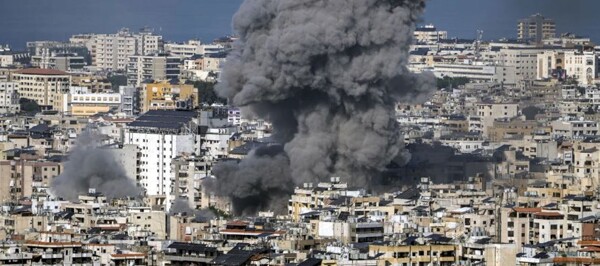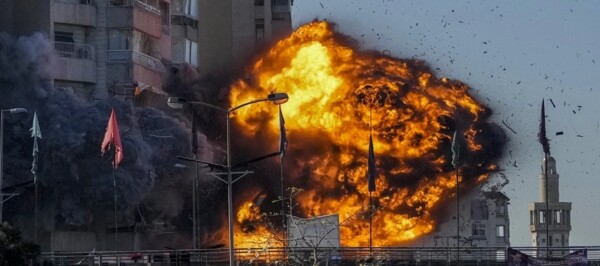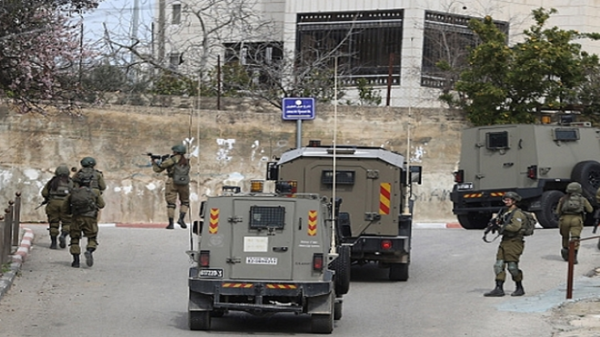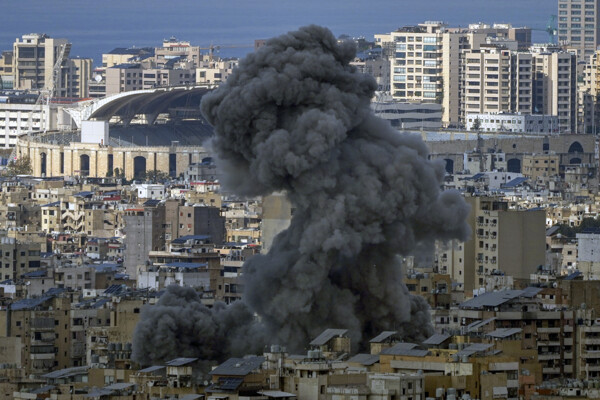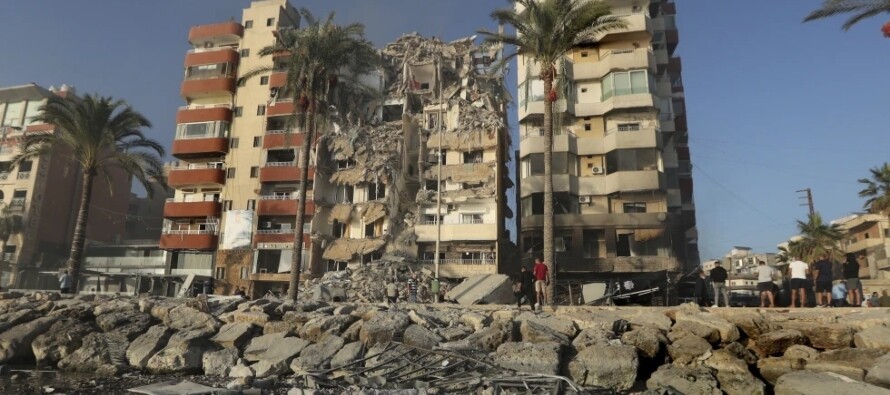
Lebanese officials have reiterated the importance of not modifying Resolution 1701, which demands a complete Israeli withdrawal. On the other hand, Hezbollah has stated that it will not stop launching rockets at Israel unless a ceasefire in Gaza is agreed upon. Despite this, it remains unclear whether Hezbollah's stance has changed following the recent killing of its leader and other commanders in Israeli airstrikes.
In an attempt to reduce conflicts in the region, the United States, along with Egypt and Qatar, have proposed a four-week ceasefire in Gaza, during which between eight and ten hostages would be released. This plan also includes an increase in humanitarian assistance to Gaza but does not guarantee future discussions on a permanent ceasefire.
As for Lebanon, proposals for a ceasefire are being discussed that could include an initial two-month period aimed at fully implementing Resolution 1701. Under this proposal, once the ceasefire is achieved, Lebanese forces and UN peacekeeping forces would be deployed at the border, while Israeli and Hezbollah forces withdraw.
Resolution 1701 stipulates a ceasefire between Israel and Hezbollah, as well as the withdrawal of Israeli forces from Lebanese territory. However, the disarmament of all armed groups, including Hezbollah, does not form part of the initial implementation of the current proposal. For its part, Israel has requested measures to prevent Hezbollah's rearmament and guarantees to act against threats from the group.
In Gaza, Hamas has rejected short-term ceasefire proposals, insisting on a lasting agreement that includes Israeli withdrawal. Meanwhile, the United States is intensifying efforts to mediate in both conflicts, seeking ceasefires and the release of hostages in the region.











